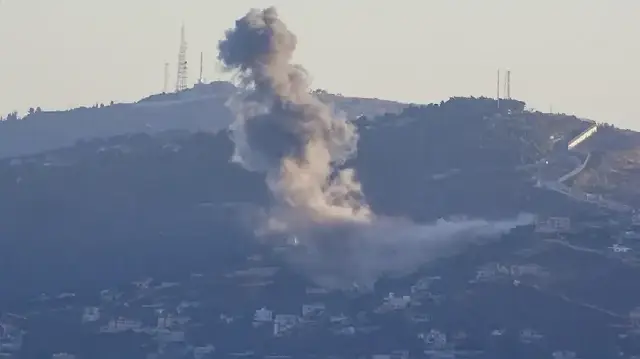Israel boosts air defenses after killing senior Hezbollah commander

Israel has heightened its air-defense alert in northern regions following the assassination of senior Hezbollah commander Haitham al-Tabatabai in Beirut. The strike, which also killed four other Hezbollah members, represents a significant escalation despite an existing ceasefire agreement between the parties.
Israel has elevated the alert status of its air-defense systems in northern territories after conducting a targeted strike that killed a high-ranking Hezbollah military leader in Beirut. The Israeli military confirmed it eliminated Haitham al-Tabatabai, described by Hezbollah as a key commander, along with four other members of the group in the operation conducted in Beirut's southern suburbs.
Ceasefire Violations and Regional Tensions
The assassination occurred despite a ceasefire arrangement that has been nominally in effect since November 2024. Israeli Prime Minister Benjamin Netanyahu stated he personally authorized the operation based on recommendations from his defense minister and military chief, accusing Tabatabai of directing Hezbollah's military buildup and armament programs. This represents one of several Israeli strikes on Beirut's southern suburbs since the ceasefire began.
Assessment of Potential Retaliation
Israeli media reports suggest security assessments don't anticipate immediate large-scale retaliation from Hezbollah, but preparations are underway for various potential responses. These could include attacks on Israeli interests abroad or strikes from other fronts such as Yemen, where Houthi forces have previously engaged in regional conflicts. Analysts note that Hezbollah's restraint might be interpreted by Israel as permission to continue targeted operations.
Broader Violations and Humanitarian Impact
The incident occurs amid escalating tensions in southern Lebanon, where Israeli forces have intensified near-daily air operations despite the ceasefire agreement. According to Lebanese health authorities, Israeli military actions have resulted in at least 331 fatalities and 945 injuries since the ceasefire took effect. The UN peacekeeping mission has documented over 10,000 Israeli air and ground violations, while Israel maintains military presence at five border outposts despite agreeing to withdraw by January.
Reklam yükleniyor...
Reklam yükleniyor...







Comments you share on our site are a valuable resource for other users. Please be respectful of different opinions and other users. Avoid using rude, aggressive, derogatory, or discriminatory language.